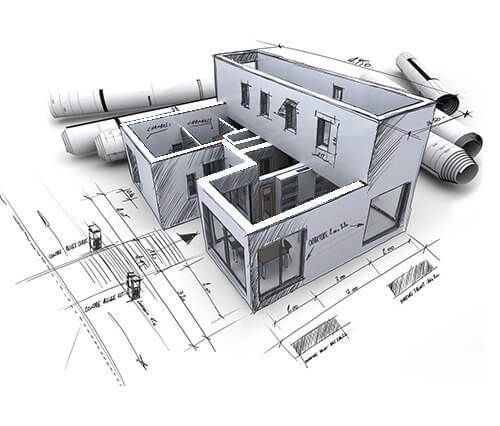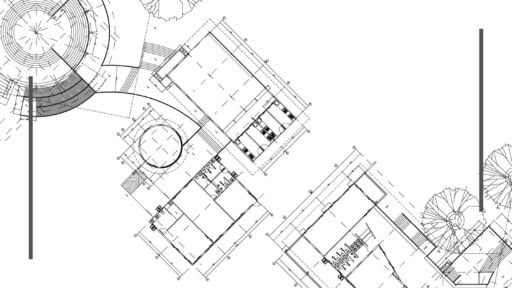In today’s competitive infrastructure industry, AutoCAD skills are essential for every civil engineer. Whether you’re a student or a working professional, choosing the right training program can shape your future in structural design, site planning, and project execution. But with so many options available, how do you choose the right AutoCAD course for civil engineering? Let’s guide you step-by-step.

Right AutoCAD Course for Civil Engineering:
1) Identify Your Learning Level – Beginner or Advanced:
If you’re just starting, opt for an AutoCAD for beginners program. These courses cover basic drafting, commands, and layout skills — crucial for civil engineers stepping into the field. For experienced professionals, advanced topics such as 3D modeling, surface analysis, and custom templates are available.
2) Choose a Course Focused on Civil Applications:
Not all AutoCAD courses are designed for civil engineering. Look for a civil engineering drafting course that includes topographic drawing, cross-sections, road layouts, and drainage plans. These specialized modules will prepare you for real-world construction projects.
3) Look for Industry-Recognized Certifications:
Choose a course that offers a recognized AutoCAD certification for civil engineers. Certification from Autodesk or a reputed institute enhances your credibility and increases your job opportunities in the construction and design industry.
4) Pick a Reputed Institute with Real-Time Projects:
Enrolling in the best AutoCAD training institute ensures you learn from experienced trainers, get access to project-based learning, and gain practical exposure. Institutes like CADD Centre, which have a strong focus on civil CAD tools, provide hands-on training and placement assistance.
5) Check the Course Content and Duration:
An ideal AutoCAD course for civil engineering should include both 2D drafting and 3D modeling. The course duration should balance theory, hands-on training, and assignments so that you’re fully job-ready after completion.
6) Ensure Flexibility and Online Access:
If you’re a working professional or student with a busy schedule, go for an AutoCAD civil engineering course online. Online and hybrid courses offer flexible timing, recorded sessions, and interactive live classes.
Conclusion:
Choosing the right AutoCAD course for civil engineering is not just about learning software — it’s about building a career. Make sure the course aligns with your goals, offers practical exposure, and comes from a reputed institution. With the right training, you’ll gain in-demand skills and stay ahead in the evolving civil engineering landscape.
Start your journey today by enrolling in an AutoCAD certification for civil engineers from a trusted name like CADD Centre.
Image source by Pinterest & udemy image from Pinterest
FAQs
How long does it take to complete an AutoCAD course for civil engineering?
Typically, the course duration ranges from 1 to 3 months, depending on the depth (beginner or advanced), mode (full-time or part-time), and inclusion of real-world projects and assignments.
Why is AutoCAD important for civil engineers in 2025?
AutoCAD remains a fundamental tool in civil engineering for drafting, designing, and modeling. It helps engineers create precise construction drawings, structural layouts, and infrastructure plans, keeping them competitive in the modern industry.
What are the job opportunities after AutoCAD civil engineering course?
After completing an AutoCAD course for civil engineering, you can work as a CAD Designer, Site Engineer, Structural Drafter, or Civil CAD Technician in construction companies, design consultancies, and infrastructure firms
Is AutoCAD certification useful for civil engineers in 2025?
Yes, an AutoCAD certification for civil engineers in 2025 proves your expertise in CAD software and increases your chances of employment in the competitive construction and infrastructure sectors.
Does the institute I choose for AutoCAD training matter?
Yes. Choosing a reputed institute like CADD Centre ensures quality training, experienced faculty, real-time projects, and recognized certification that adds value to your career.




